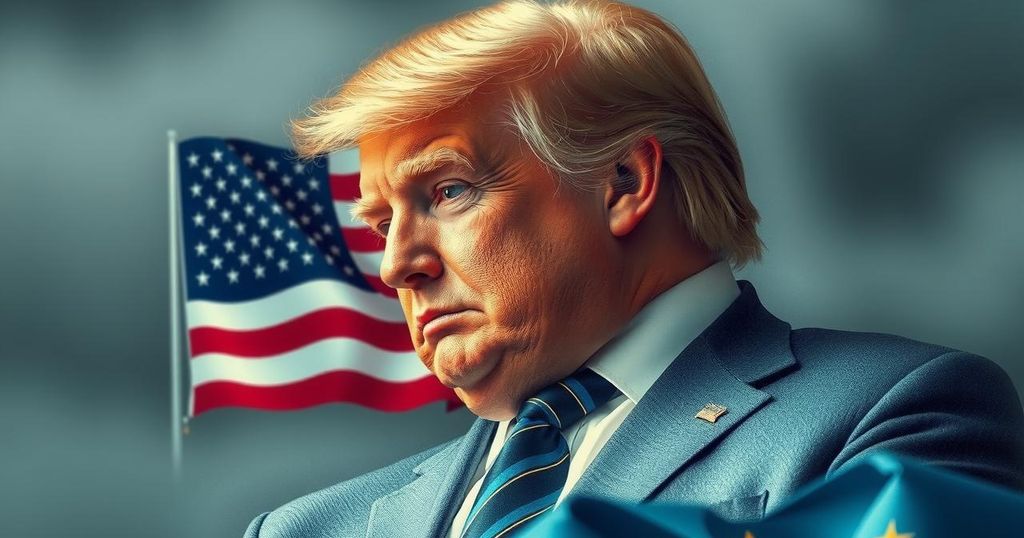President-elect Donald Trump plans a potential second withdrawal from the Paris Climate Agreement, which could occur more swiftly than the first exit. Experts express concerns about global trust and trust erosion among nations if the U.S. withdraws again. Supporters of withdrawal advocate for U.S. sovereignty and economic advantages. International leaders stress the importance of U.S. participation to maintain the agreement’s integrity.
President-elect Donald Trump has indicated his intent to withdraw the United States from the Paris Climate Agreement, a legally binding international treaty aimed at combatting climate change. This upcoming withdrawal could be executed more swiftly than the first departure, due to the expiration of the initial three-year period after the U.S. rejoined under President Biden. Experts warn, however, that this re-exit could undermine global trust and potentially lead to a cascade of exits from other nations, threatening the agreement’s stability. Supporters argue that withdrawal would benefit U.S. sovereignty while alleviating domestic economic burdens associated with compliance, bringing into question the leadership role of the U.S. in climate actions. Furthermore, discussions are underway regarding the potential U.S. exit from the U.N. Framework Convention on Climate Change (UNFCCC), an older treaty covering broader climate issues. International voices, including U.N. Secretary-General António Guterres, emphasize the importance of U.S. participation in preserving the integrity of climate agreements as a critical component of global cooperation.
The Paris Climate Agreement was established at the U.N. Climate Change Conference in 2015, developed as a platform for nearly 195 participating countries to foster collaboration in addressing the climate crisis. Following its entry into the agreement under the Obama administration in 2016, the U.S. faced a lengthy exit process which was only finalized in 2020 under Trump’s presidency. Upon entering office, President Biden promptly reinstated the U.S. to the accord, reinstating America’s commitment to international climate efforts. Trump’s current position on re-exiting the agreement raises critical discussions about the implications and speed of such a decision, alongside the foundational elements of U.S. leadership in global climate negotiations.
In summary, the potential for a second U.S. withdrawal from the Paris Climate Agreement poses significant concerns for global trust and international climate efforts. The expedited timeline for withdrawal under a Trump administration frames a stark contrast to the previous exit process. While proponents argue for the benefits of exiting, such as reclaiming U.S. sovereignty and reducing economic burdens, it remains crucial to consider the wider implications for global cooperation on climate change and the stability of the Paris Agreement itself.
Original Source: www.foxnews.com






